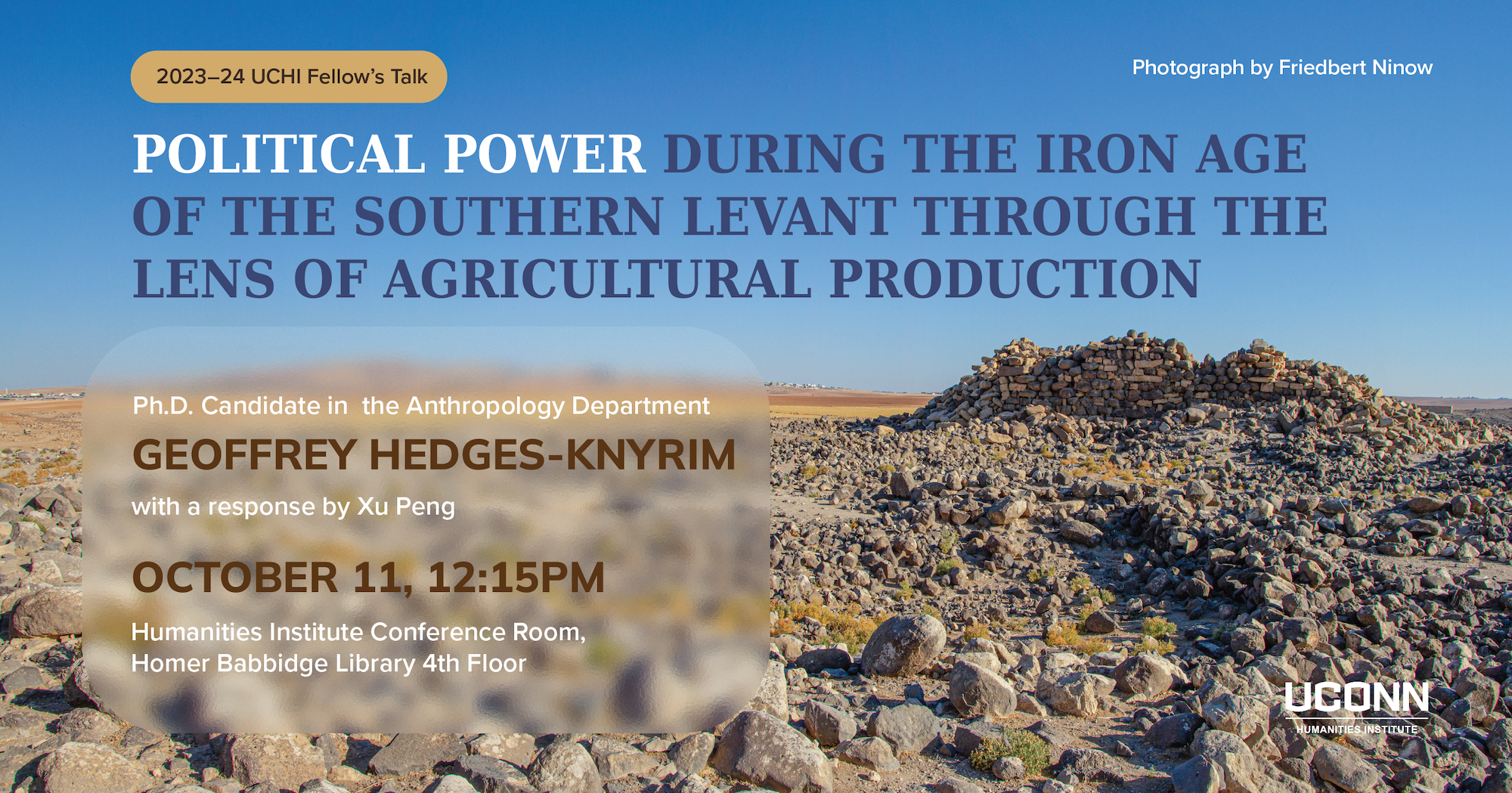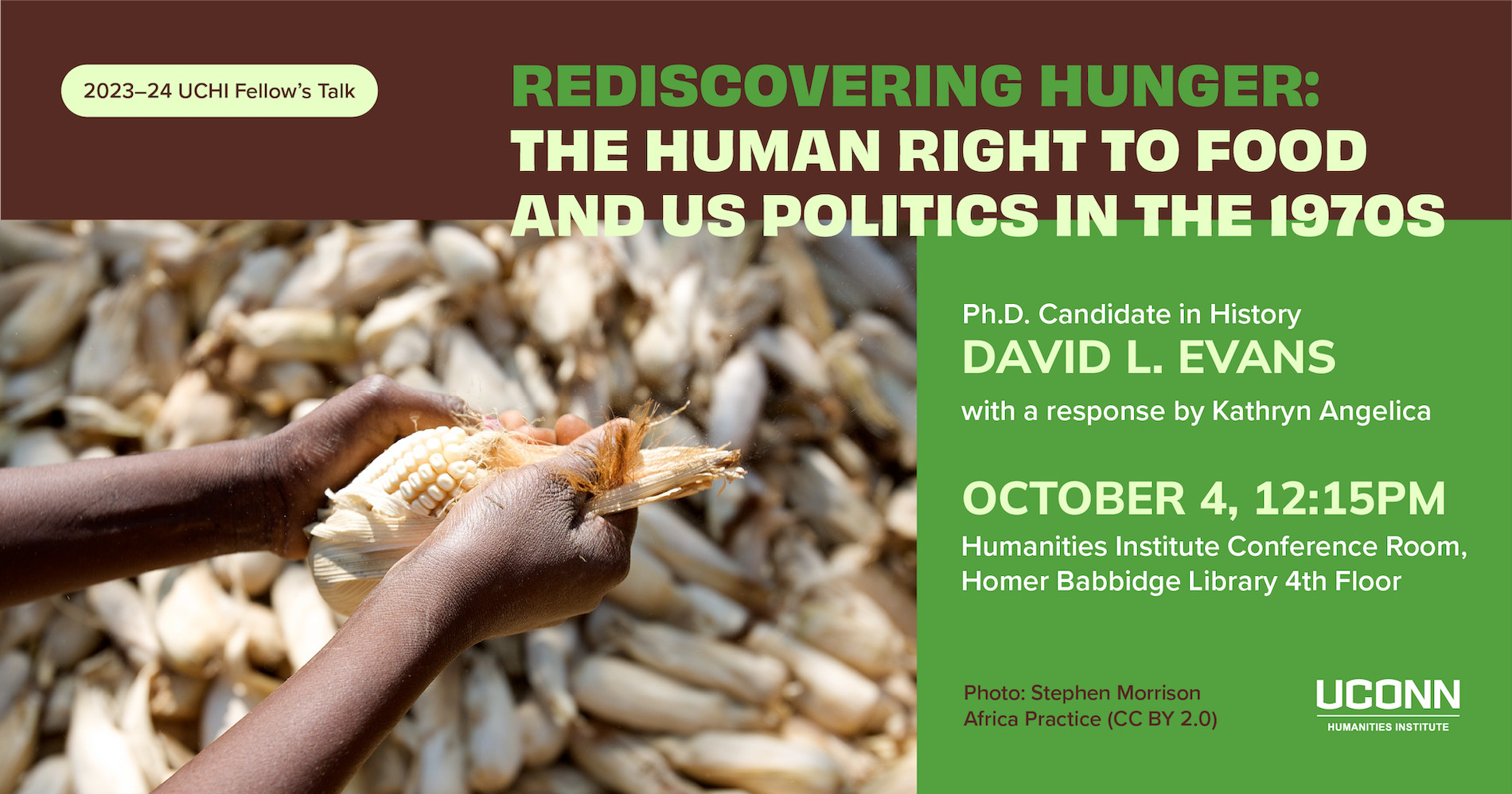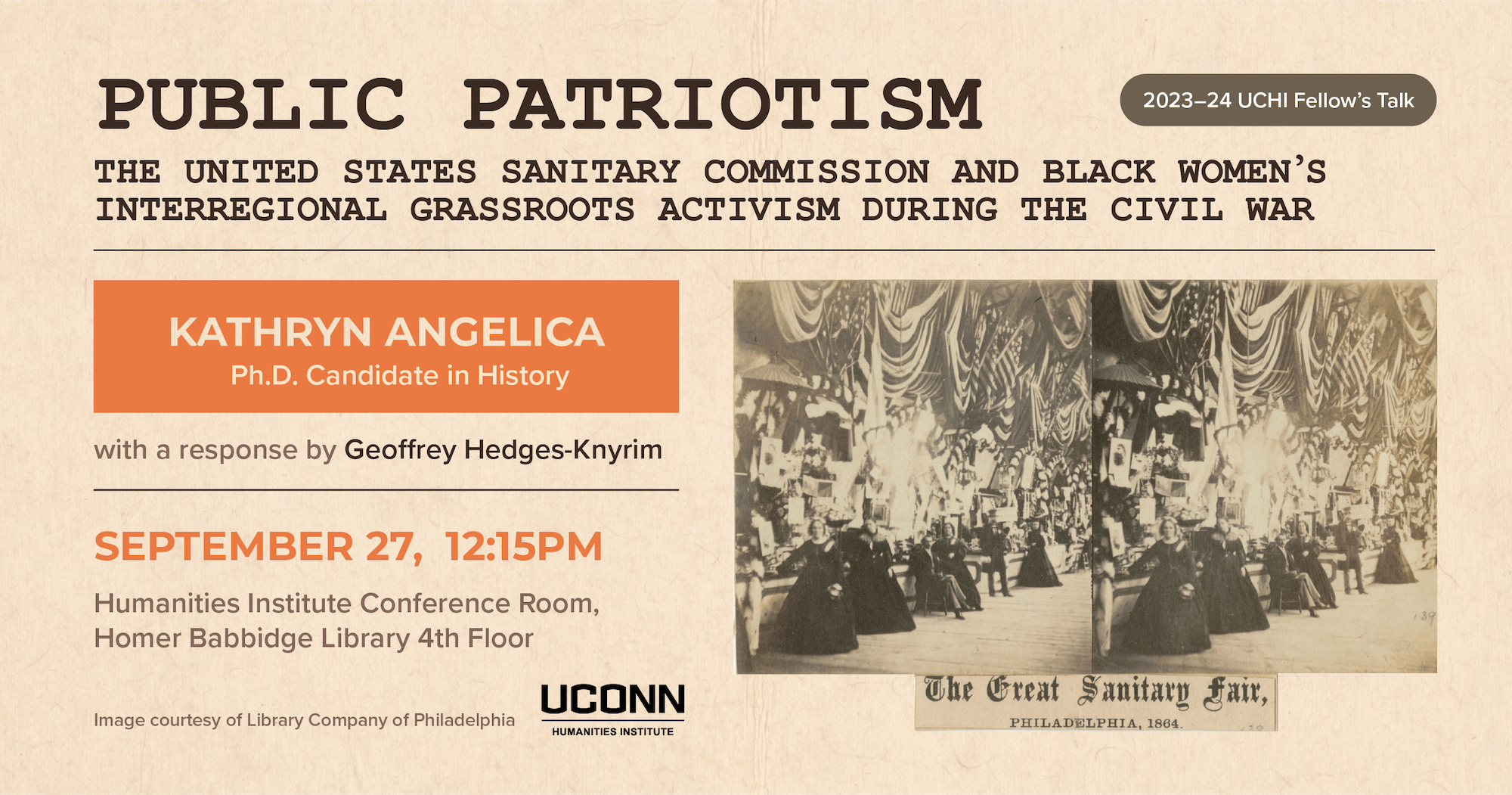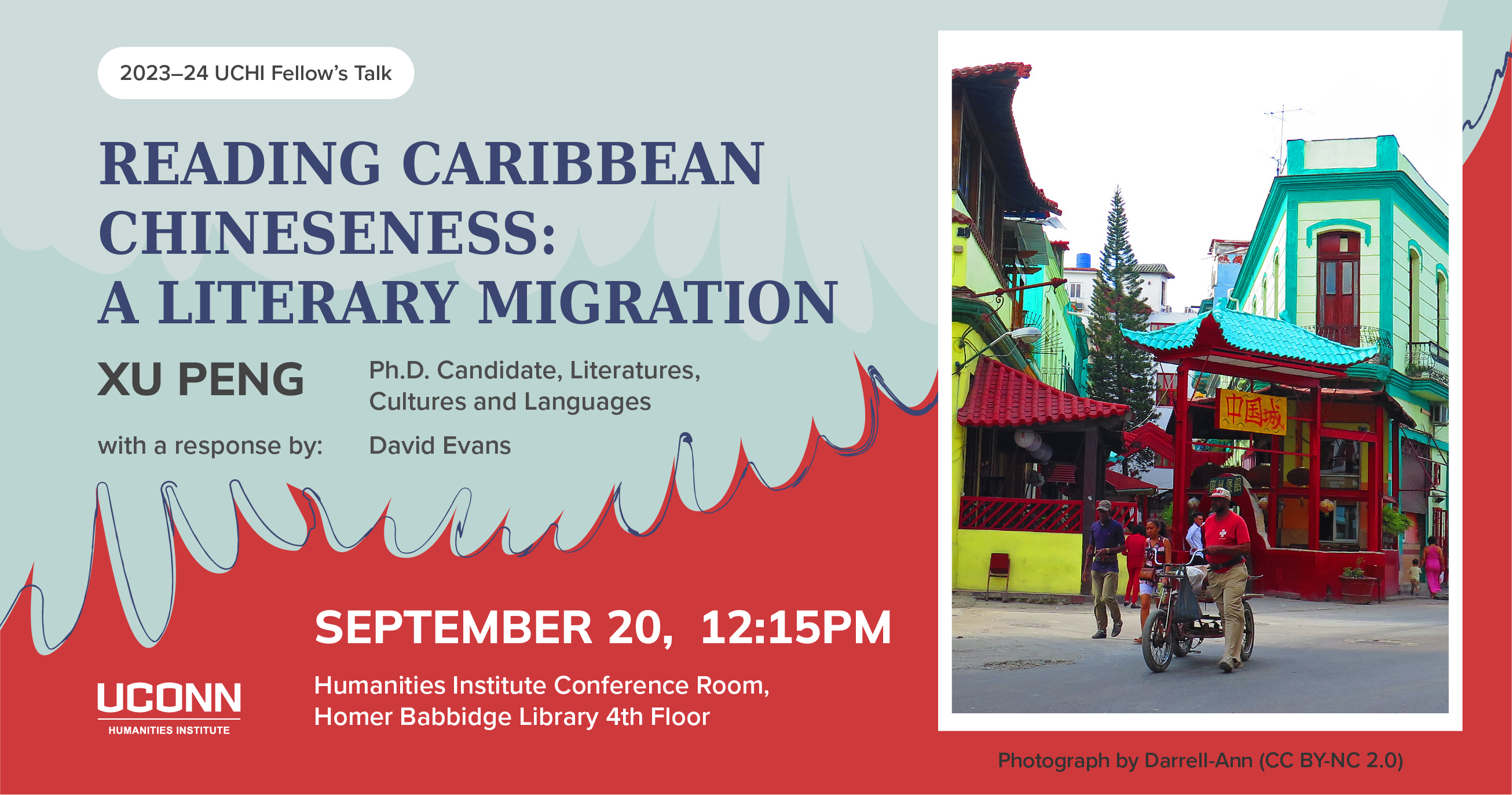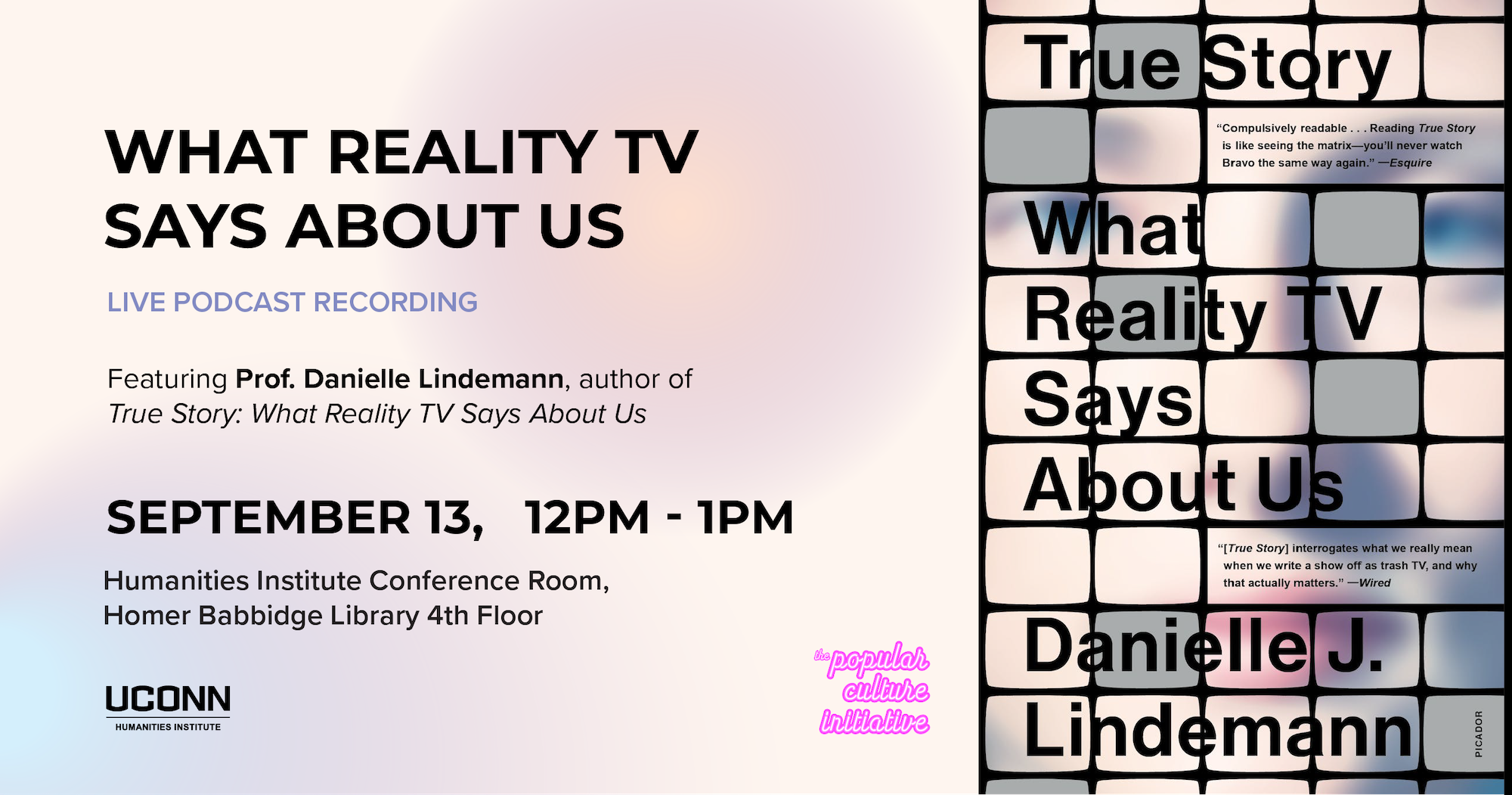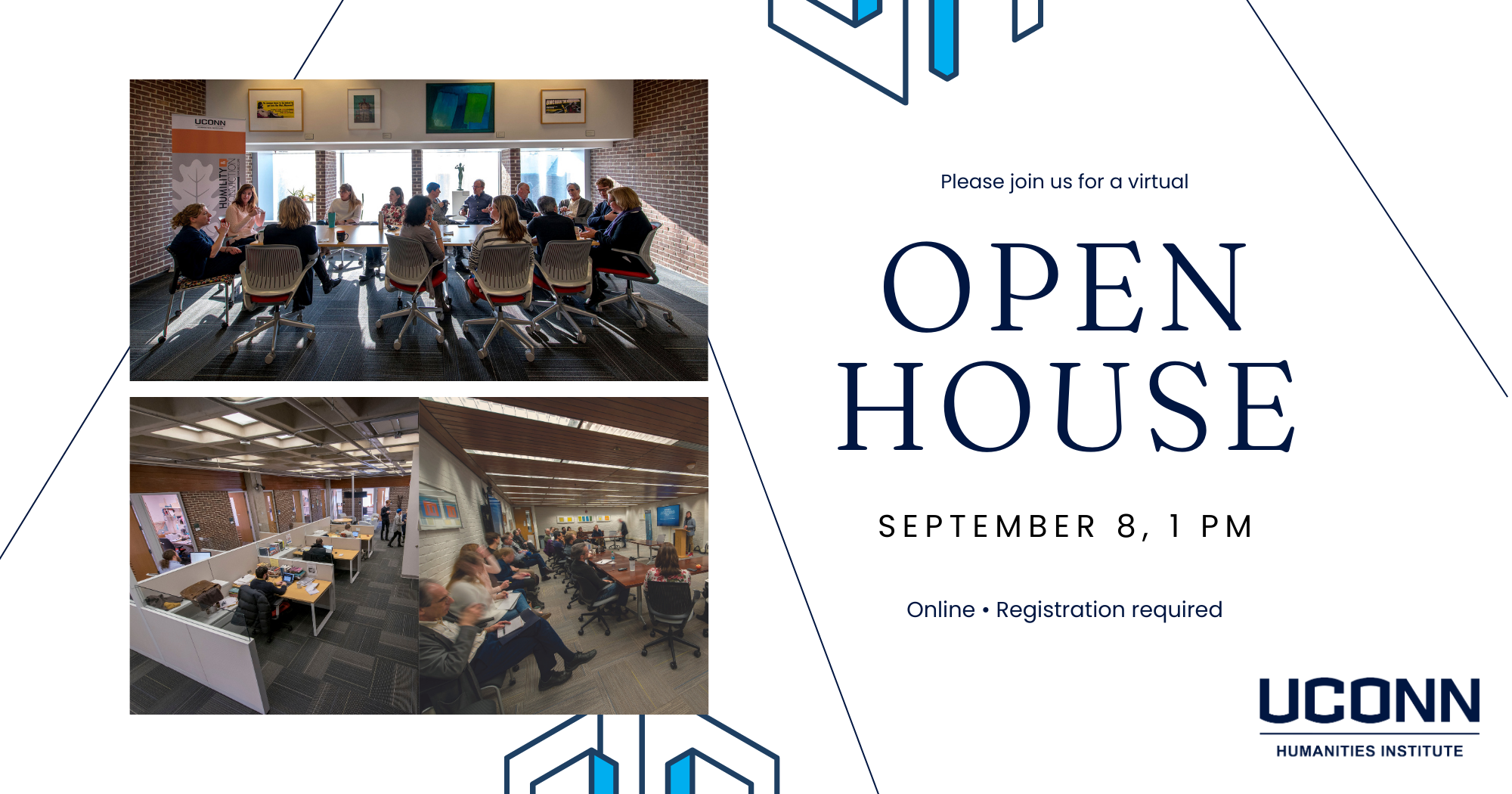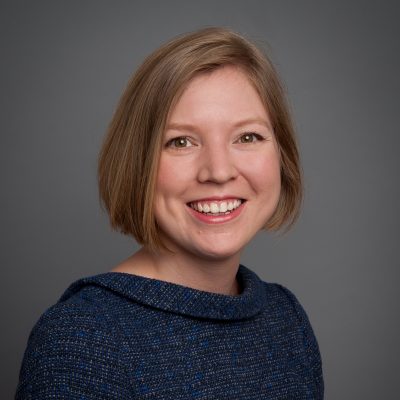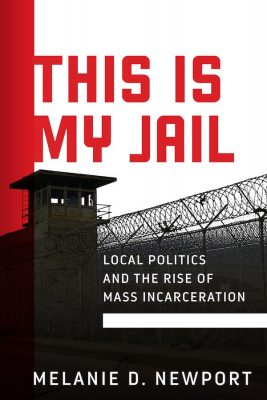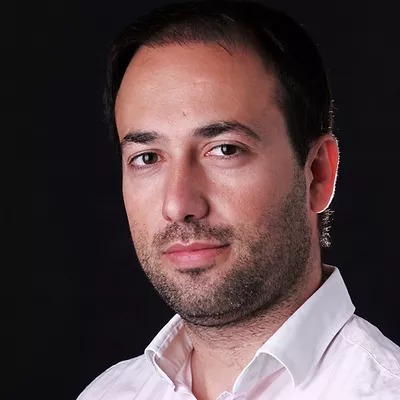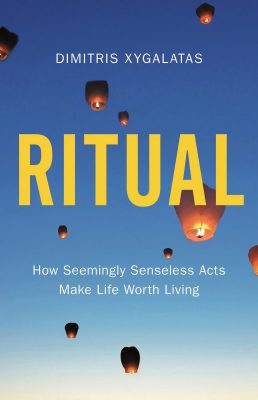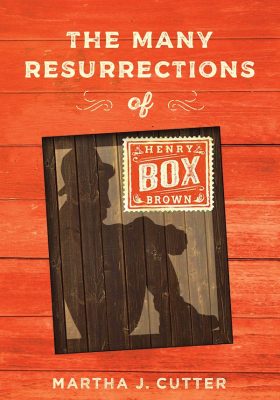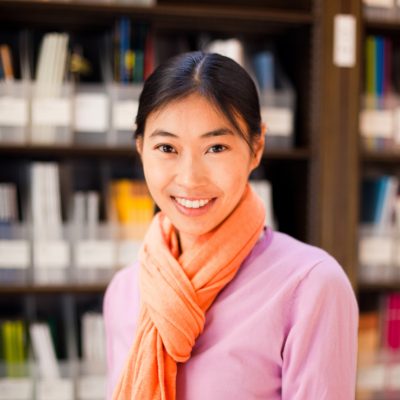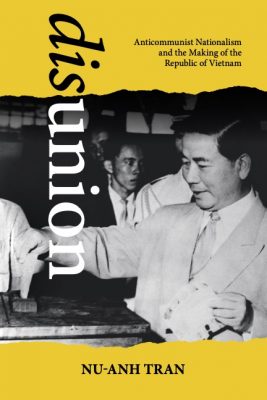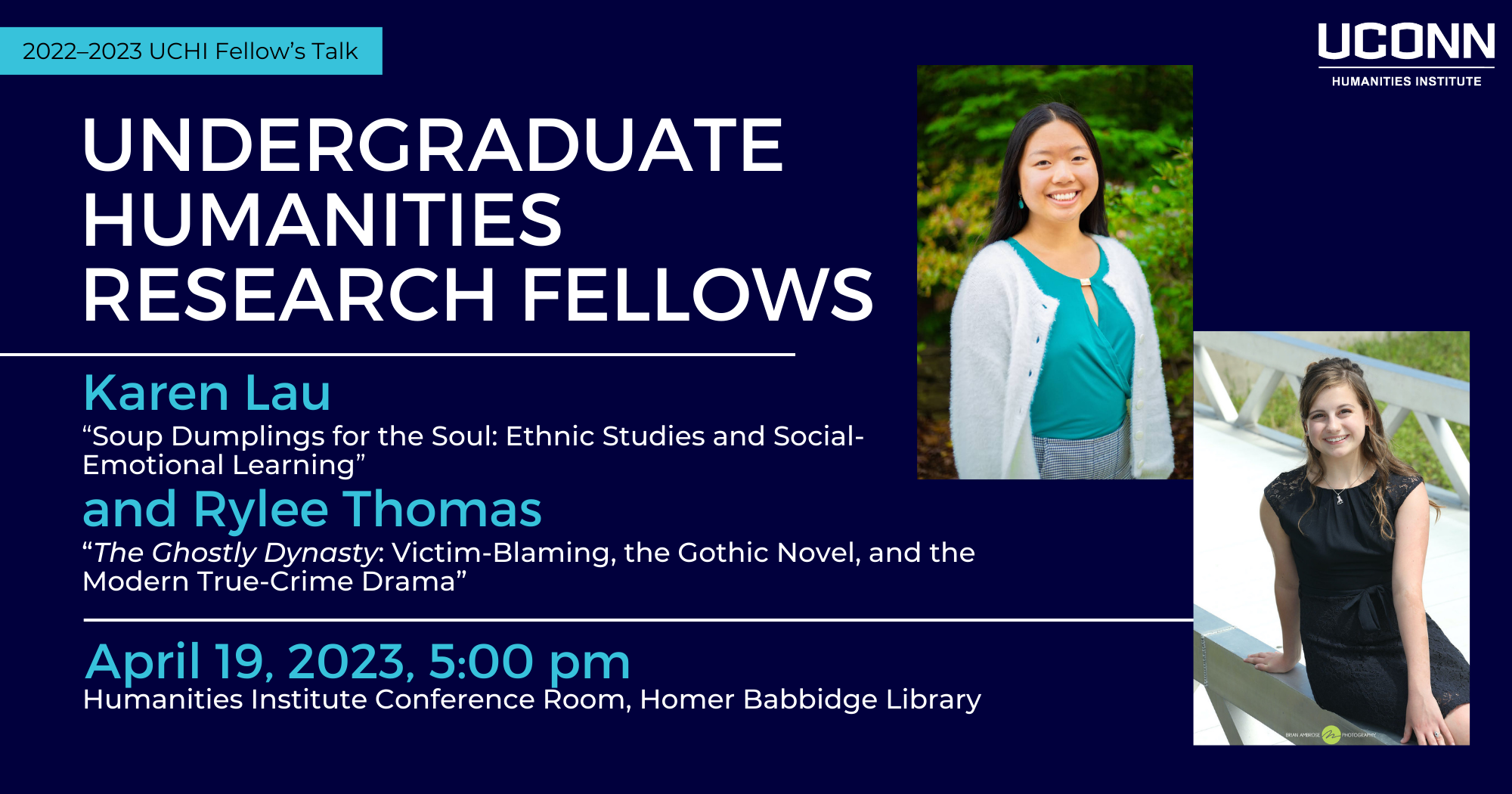Political Power during the Iron Age of the Southern Levant Through the Lens of Agricultural Production
Geoffrey Hedges-Knyrim (Anthropology, UConn)
with a response by Xu Peng (LCL, UConn)
Wednesday, October 11, 2023, 12:15pm, Humanities Institute Conference Room (HBL 4-209)
The event will also be livestreamed with automated captioning.
The mundane agricultural practices of the Iron Age (c.1200—c.600 BCE) southern Levant (modern Jordan, Palestine, and Israel) are less understood and appreciated relative to larger historical narratives. Understanding the mundane through the archaeological record can exemplify the daily lives of people often ignored or marginalized in the historical record. Using a political ecology framework and plant data, we can determine how state-level societies controlled their agricultural base within their specific environmental and social constraints. This presentation will discuss the current understanding of Iron Age southern Levantine agriculture from an integrated and regional archaeological perspective, focusing on the contribution of archaeological plant remains. This will show how integrating mundane data within a regional perspective using political ecology is preferable to a subregional, siloed perspective.
Geoffrey Hedges-Knyrim is an archaeologist and doctoral candidate in the Anthropology Department. He received his BS in Anthropology from The College at Brockport, SUNY in 2013 and his MA in Anthropology from the University at Buffalo, SUNY in 2015. His research interests include archaeobotany, Bronze and Iron Age archaeology of Southwest Asia, and ancient subsistence practices.
Xu Peng is a PhD candidate in Comparative Literary and Cultural Studies at the University of Connecticut. His research focuses on the articulation of Asianness, and Chineseness in particular, in Latin America and the Caribbean. He will work on his dissertation, “From History to the Future: Chineseness in Contemporary Cuban, Puerto Rican, and Dominican Literatures and Cultures,” as a dissertation fellow at UCHI. His writing has appeared or is forthcoming in College Literature, Hispanic American Historical Review, Caribbean Quarterly, and Journal of Asian American Studies.
Access note
If you require accommodation to attend this event, please contact us at uchi@uconn.edu or by phone (860) 486-9057. We can request ASL interpretation, computer-assisted real time transcription, and other accommodations offered by the Center for Students with Disabilities.
